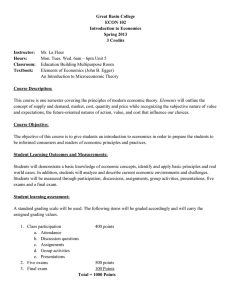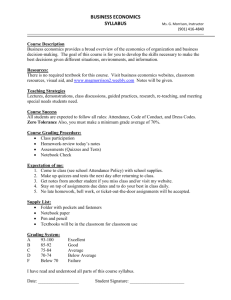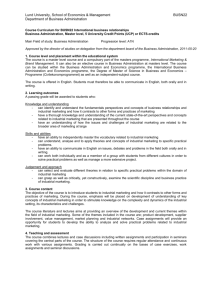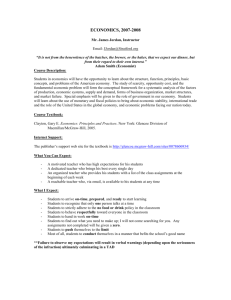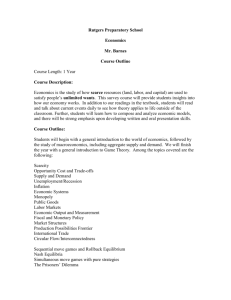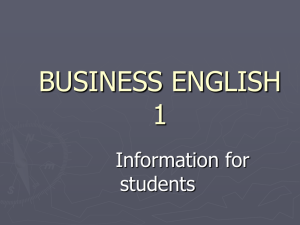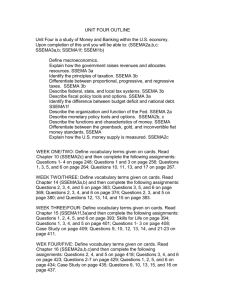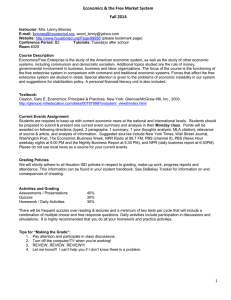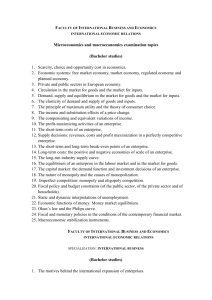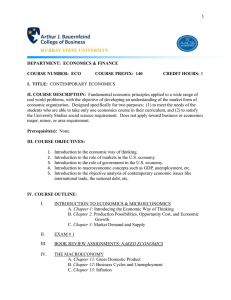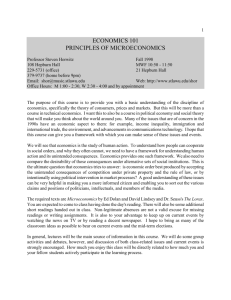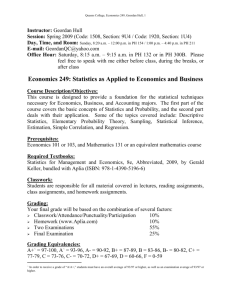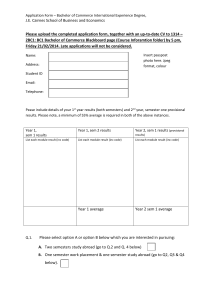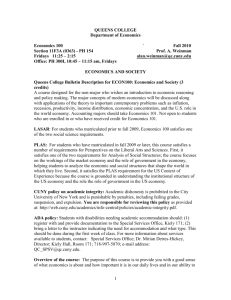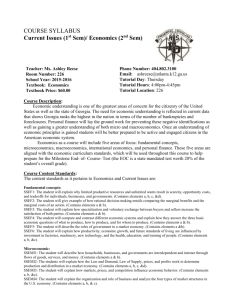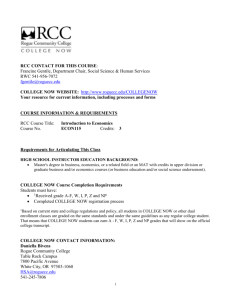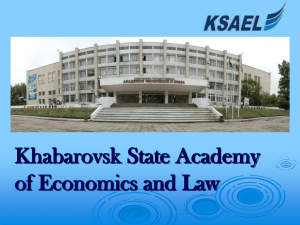Syllabus for BUS807 Marketing Research Methods, Business
advertisement
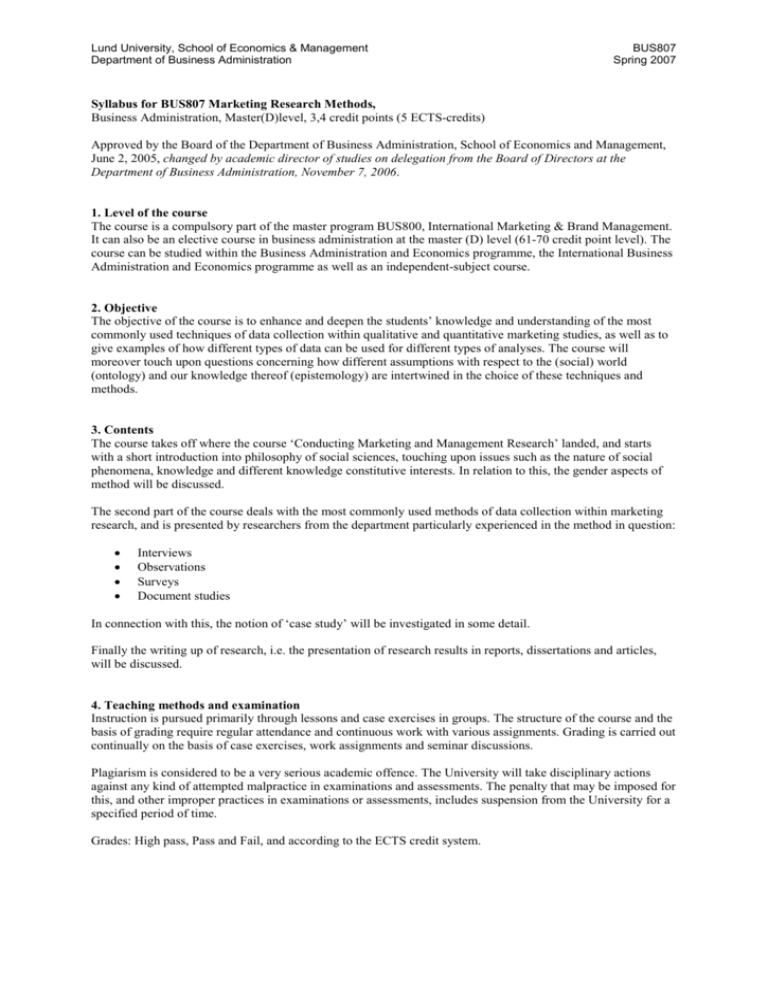
Lund University, School of Economics & Management Department of Business Administration BUS807 Spring 2007 Syllabus for BUS807 Marketing Research Methods, Business Administration, Master(D)level, 3,4 credit points (5 ECTS-credits) Approved by the Board of the Department of Business Administration, School of Economics and Management, June 2, 2005, changed by academic director of studies on delegation from the Board of Directors at the Department of Business Administration, November 7, 2006. 1. Level of the course The course is a compulsory part of the master program BUS800, International Marketing & Brand Management. It can also be an elective course in business administration at the master (D) level (61-70 credit point level). The course can be studied within the Business Administration and Economics programme, the International Business Administration and Economics programme as well as an independent-subject course. 2. Objective The objective of the course is to enhance and deepen the students’ knowledge and understanding of the most commonly used techniques of data collection within qualitative and quantitative marketing studies, as well as to give examples of how different types of data can be used for different types of analyses. The course will moreover touch upon questions concerning how different assumptions with respect to the (social) world (ontology) and our knowledge thereof (epistemology) are intertwined in the choice of these techniques and methods. 3. Contents The course takes off where the course ‘Conducting Marketing and Management Research’ landed, and starts with a short introduction into philosophy of social sciences, touching upon issues such as the nature of social phenomena, knowledge and different knowledge constitutive interests. In relation to this, the gender aspects of method will be discussed. The second part of the course deals with the most commonly used methods of data collection within marketing research, and is presented by researchers from the department particularly experienced in the method in question: • • • • Interviews Observations Surveys Document studies In connection with this, the notion of ‘case study’ will be investigated in some detail. Finally the writing up of research, i.e. the presentation of research results in reports, dissertations and articles, will be discussed. 4. Teaching methods and examination Instruction is pursued primarily through lessons and case exercises in groups. The structure of the course and the basis of grading require regular attendance and continuous work with various assignments. Grading is carried out continually on the basis of case exercises, work assignments and seminar discussions. Plagiarism is considered to be a very serious academic offence. The University will take disciplinary actions against any kind of attempted malpractice in examinations and assessments. The penalty that may be imposed for this, and other improper practices in examinations or assessments, includes suspension from the University for a specified period of time. Grades: High pass, Pass and Fail, and according to the ECTS credit system. Lund University, School of Economics & Management Department of Business Administration BUS807 Spring 2007 5. Prerequisites Bachelor degree (or equivalent) in business administration. Successful completion of the bachelor level (i.e. 90 ECTS-cr or 60 credit points) in business administration including FEK582 Bachelor thesis 15 ECTS-cr or 10 credit points (or the equivalent). The course presupposes in-depth knowledge of Armstrong, Gary & Kotler, Philip (2004) Marketing – An Introduction, Prentice Hall or any other standard introductory text book in marketing. Students are required to be able to demonstrate knowledge of key concepts in marketing like segmentation, approaches to market, products, pricing, promotion and distribution etc during final exams or other assignments. The course is given entirely in English. Students must therefore be able to communicate in English, both orally and in writing. 6. Literature Easterby-Smith, M., Thorpe, R. & Lowe, A. 2002. Management Research: An Introduction. London: Sage. Bryman, A. och Bell, E. 2003. Business Research Methods. Oxford: Oxford University Press. Set of articles available for purchase at the School of Economics and Management.

